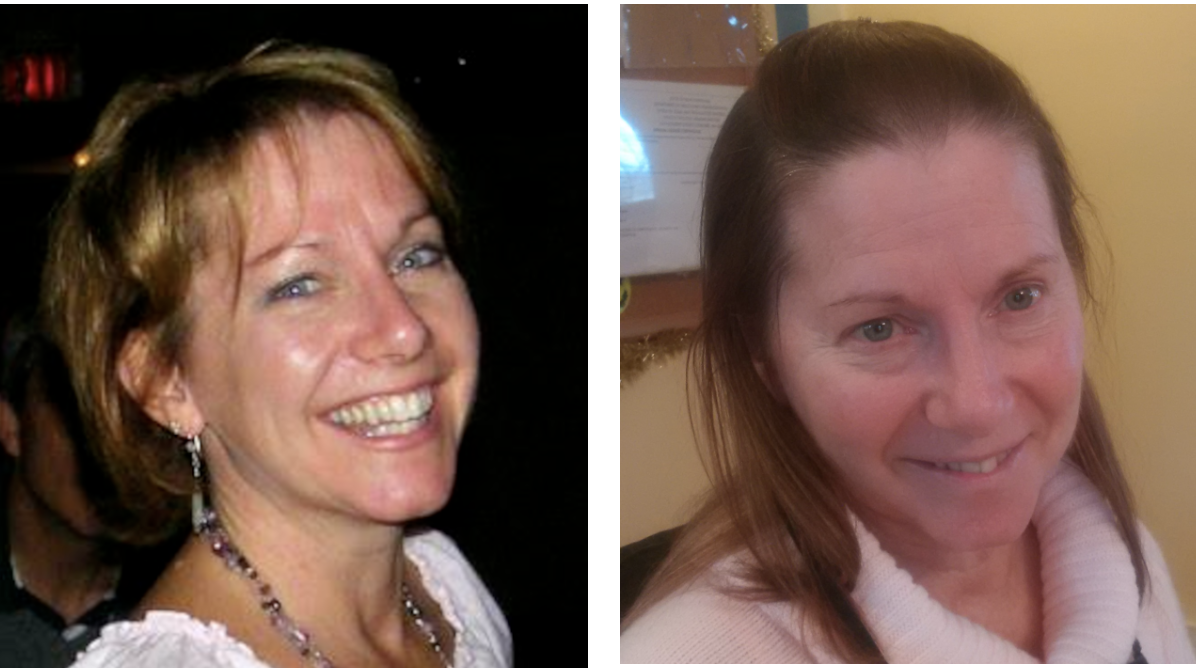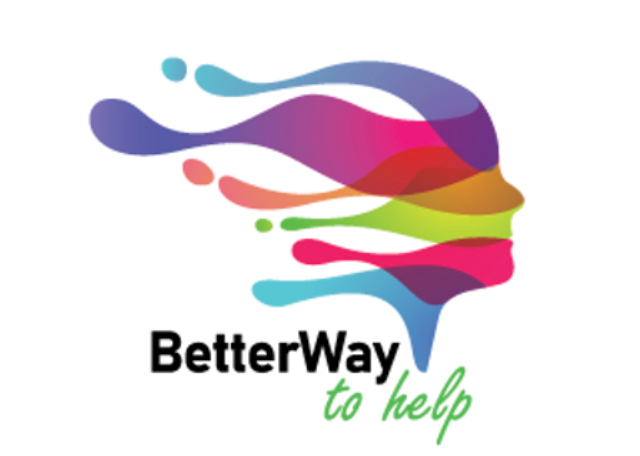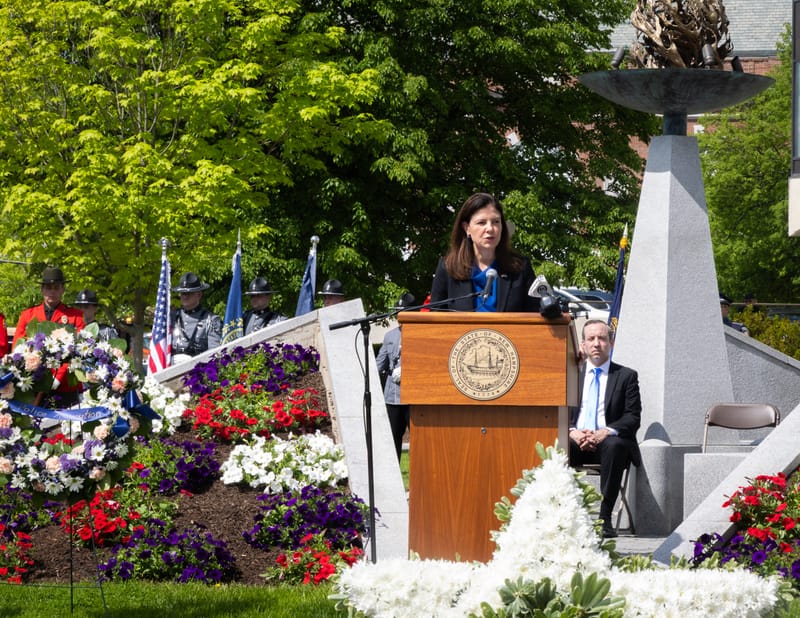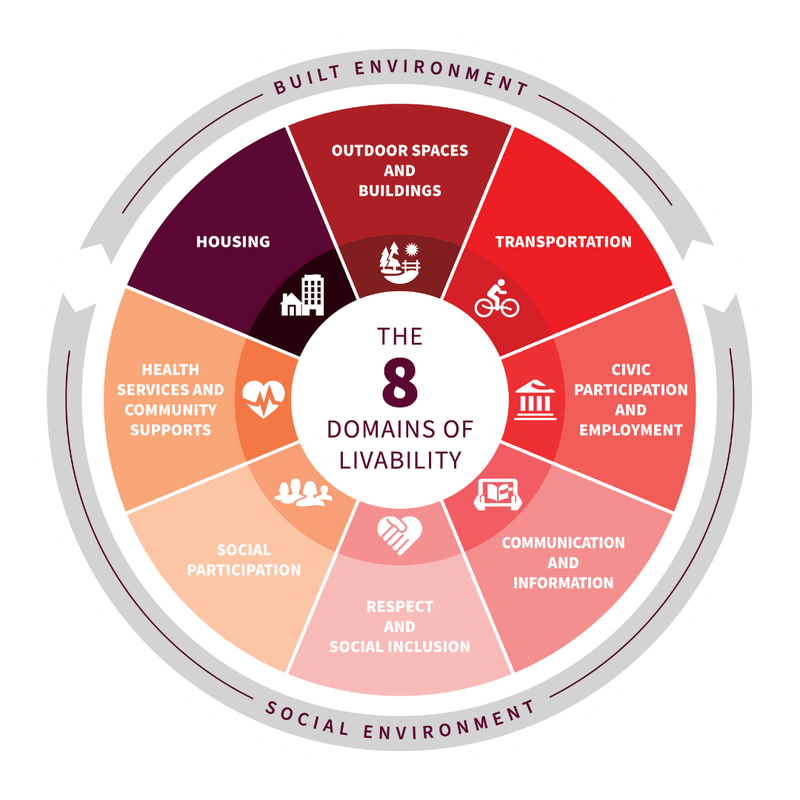Manchester non-profit seeks a ‘Better Way to Help’ those with traumatic brain injury
Just over 10 years ago Lori Scarito suffered a traumatic brain injury when a blockage in her airway left her near death on the floor of a Manchester restaurant. She awoke from her coma in a Mass General hospital bed despite dire predictions from the medical professionals based on a lack of measurabl


MANCHESTER, NH – Just over 10 years ago Lori Scarito suffered a traumatic brain injury when a blockage in her airway left her near death on the floor of a Manchester restaurant. She awoke from her coma in a Mass General hospital bed despite dire predictions from the medical professionals based on a lack of measurable brain activity. She had survived.
“At first it was like a miracle,” recalls her husband Frank Scarito. “She simply refused to die, there’s no other way to put it.” But like many who suffer a traumatic brain injury, her battle had just begun.
Lori’s recovery was plagued with continuous setbacks as her brain struggled to rebuild damaged pathways and regain normal mental and physical functions. She suffered recurring seizures that left her unable to speak or walk. The side effects of treatments and medications to stem the seizure activity were severe, causing regular hallucinations. “At first, we had specialist after specialist come in with a potential treatment for one symptom or another” according to Frank. “Each new treatment seemed to create a new set of issues.”
Eventually, Lori was released from the hospital into a managed care system driven more by available funding than patient needs. She has been living in various 24-hour care facilities since then. “There is a great system of trying to save patients from dying,” Frank said. “The system of helping them recover is broken.”
Serving as Lori’s advocate, Frank was active in pushing for therapeutic services to help his wife regain the ability to walk, feed herself, and manage her mental health. “It’s a frustrating process with one roadblock after another,” he said. “When they talk about bureaucracy, they are talking about the healthcare system for patients with brain injuries.” After years of working within an underfunded, understaffed system, Frank knew there had to be a better way to help patients get the vital services to help improve their lives.
In the fall of 2022, Frank founded Better Way to Help, a non-profit fundraising organization with the mission of providing direct funding to individuals so they can afford the services that typically fall outside the limitations of insurance or governmental agencies. “When someone in your family suffers a traumatic brain injury you quickly exhaust personal or insurance funding resources,” Frank admitted. “And once you enter the Medicare system, you’ve started a whole new struggle to get the services you need.”
Better Way to Help accepts applications for funding of services targeting brain injury patients. “We want to put the funds in the hands of the families based on specific therapeutic services that will directly impact the patient,” Frank explained. “We’re just getting started, but we envision funding services for vision or music therapy services that have a big impact on individuals, but aren’t part of the traditional Medicare funding process.”
The organization is currently building a network of families managing brain injury patients as well as therapeutic service providers. A number of fundraising efforts are being developed and the organization has secured several corporate sponsorships. Organizers are planning a 2024 fund distribution matching available resources and requests.
UPCOMING BENEFIT CONCERT IN 2024 at Tupleo Music Hall
Ticket link ⇒ CLICK HERE






